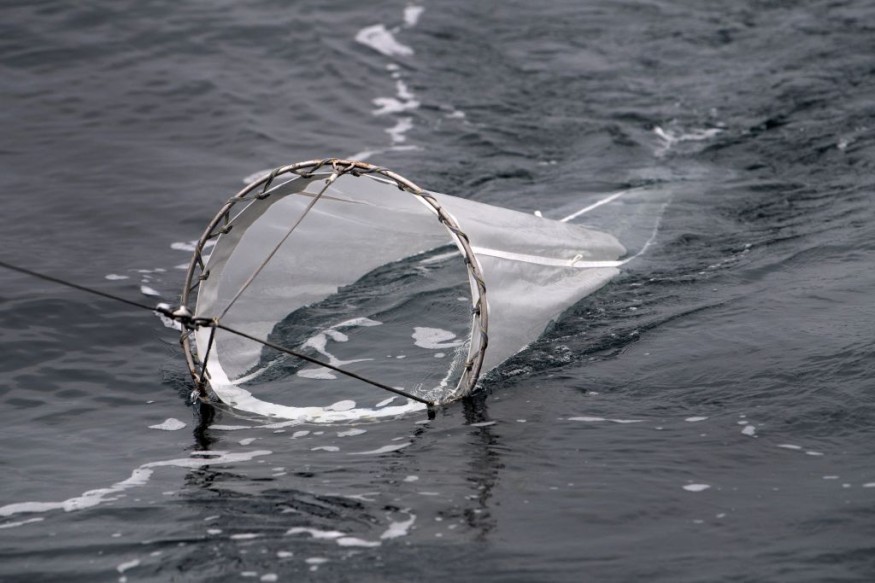Despite being tiny in appearance, plankton are essential for the planet due to their role in the oceanic food web and ecosystem, including for marine species and water diversity.
The pressing threats to plankton can pose significant consequences, affecting the survival of many species and the role of oceans in oxygen production and carbon sequestration. As climate change warms the planet, there is an immediate need to save them from decline.
Understanding this microscopic organisms floating in the water column can offer new insights into their importance. Here are five unique facts about plankton.
1. Zooplankton and Phytoplankton

According to a National Ocean Service report, plankton means wanderer. It can drift or float in the oceans, carried by currents and tides, and it cannot swim by itself.
Plankton can be classified into two categories: phytoplankton, which is the (plant) type, and zooplankton, which is the (animal) type. Examples of zooplankton are sea snails and krills. Meanwhile, phytoplankton is essential for the marine web, supporting many plants via photosynthesis.
In addition, zooplanktons feed on bacteria, other zooplanktons, and fish. Despite their small appearance, the report emphasizes that they are crucial for water quality, fish production, and algal densities.
2. Varied Habitats
Planktons inhabit many water environments, including marine and freshwater environments, varying from seas, lakes, rivers, and tidewaters. Reports reveal that phytoplankton consumes carbon dioxide, algae, and cyanobacteria.
3. Threats to Plankton
Despite their environmental importance, plankton encounters a variety of hazards. Pollution from commercial discharge, ecological modifications, farming overflow, and plastic waste threaten plankton's survival.
When oceans experience a warming trend and increasing acidity, it can affect the survival of plankton, which are sensitive to temperature fluctuation.
In a 2020 report, researchers warned of the potential extinction of marine plankton due to the planet's warming. The report highlights that planktons living in the coldest environments are at risk, particularly in Antarctica and the Southern Ocean.
4. Plankton Migration and role in oxygen
According to a report, plankton also migrate to different parts of oceans to avoid predation. Additionally, plankton is essential for oxygen production, and oceanic plankton produces over 50% of oxygen on the planet.
5. Plankton and fight against climate change
Plankton is crucial in fighting or mitigating climate change. Reports explain that plankton are important in removing carbon from the atmosphere. Their role in carbon sequestration also helps to reduce carbon from oceans. However, increasing temperatures harm plankton pollution, which could shrink in number.
Minimizing greenhouse gas emissions and climate change can protect plankton from potential decline. In addition, recognition of the species' role in the environment, conservation efforts, and continued monitoring are needed.
Related Article : Indian River Lagoon Toxic Algal Blooms Threaten Human Health, Florida Research Warns
For more similar, don't forget to follow Nature World News
© 2025 NatureWorldNews.com All rights reserved. Do not reproduce without permission.





